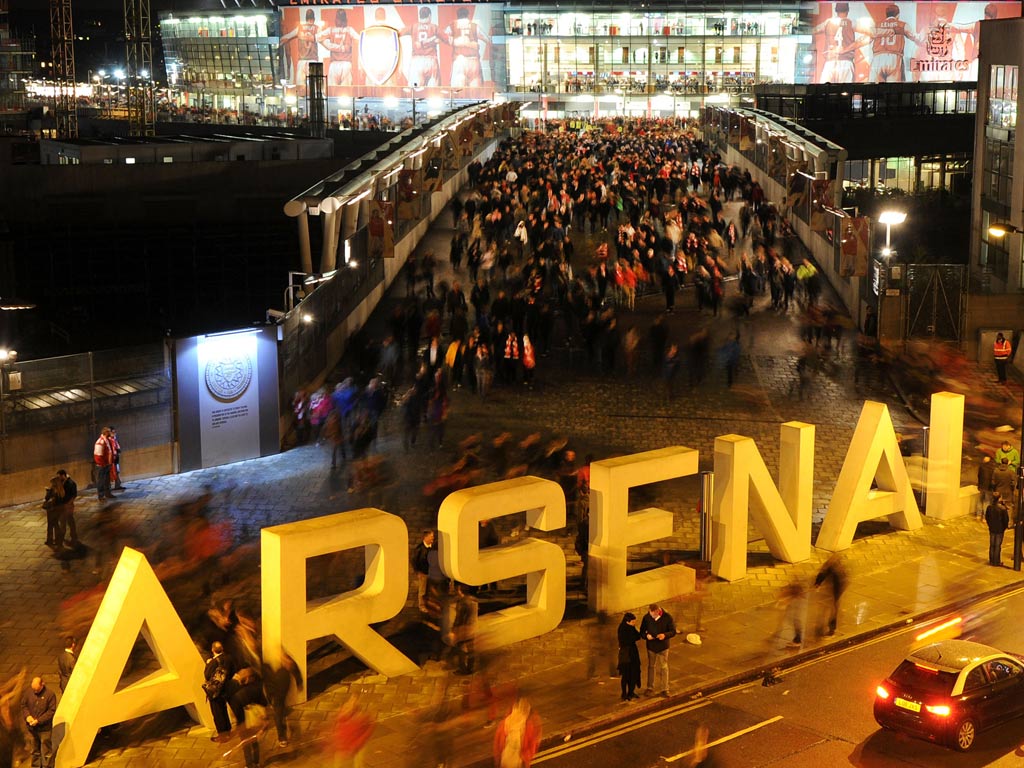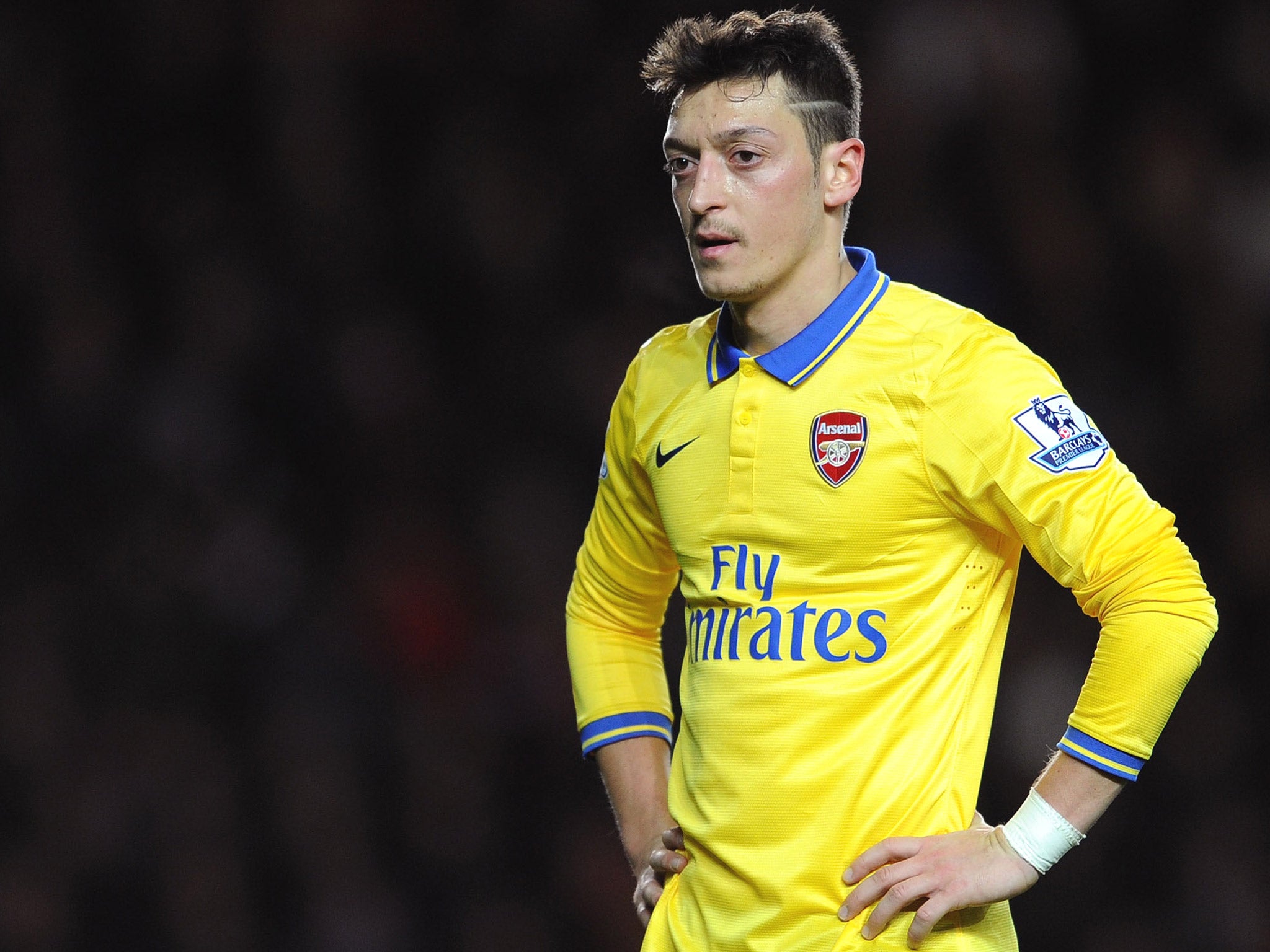Arsenal lose High Court battle over staging concerts at Emirates Stadium
The Premier League club had been keen to be allowed to stage more gigs

Your support helps us to tell the story
From reproductive rights to climate change to Big Tech, The Independent is on the ground when the story is developing. Whether it's investigating the financials of Elon Musk's pro-Trump PAC or producing our latest documentary, 'The A Word', which shines a light on the American women fighting for reproductive rights, we know how important it is to parse out the facts from the messaging.
At such a critical moment in US history, we need reporters on the ground. Your donation allows us to keep sending journalists to speak to both sides of the story.
The Independent is trusted by Americans across the entire political spectrum. And unlike many other quality news outlets, we choose not to lock Americans out of our reporting and analysis with paywalls. We believe quality journalism should be available to everyone, paid for by those who can afford it.
Your support makes all the difference.Arsenal have lost a High Court battle over a curb on the number of concerts that can be held at the Emirates Stadium.
The Premier League giant had applied to double the number of music concerts from three to six at its north London stadium.
Islington Council rejected the application and a planning inspector dismissed the club's appeal in January this year.
Arsenal argued at the High Court that there was a "clear error" in the decision-making process.
But its case was rejected today by Mr Justice Cranston, who delivered his judgment in London, ruling that there had been no error of law.
Opponents have voiced concerns over noise and rowdy music fans. Concerts featuring Bruce Springsteen, Coldplay and Muse have generated hundreds of thousands of pounds in extra revenue for the club.
The inspector said that if Arsenal could afford to buy a player like midfielder Mesut Ozil for £43 million from Real Madrid, it could not plead poverty.

At a recent hearing, Dan Kolinsky, representing the club, argued before Mr Justice Cranston that the inspector's decision was legally flawed and should not be allowed to stand.
Applying for judicial review, Mr Kolinksy submitted that the inspector had failed to apply the law correctly when he decided the proposal to double the number of concerts "did not accord with the development plan" for the stadium.
Lawyers for the inspector and Islington argued that the inspector followed the correct approach and there was no substance in the club's challenge.
During the public inquiry run by the inspector, Arsenal chief executive director Ken Friar said the club needed the money from the gigs to perform in the extremely competitive world of football, citing Manchester United's profits at £100 million compared to Arsenal's £20 million.
Join our commenting forum
Join thought-provoking conversations, follow other Independent readers and see their replies
Comments